Speaker Abbas Declares National Assembly as Nigeria’s Most Underfunded Government Arm The Speaker of the House of Representatives, Tajudeen Abbas, has made a bold assertion about the state of legislative funding in Nigeria, declaring that the National Assembly is the most underfunded branch of government. The revelation was made on Wednesday during the launch of
Speaker Abbas Declares National Assembly as Nigeria’s Most Underfunded Government Arm

The Speaker of the House of Representatives, Tajudeen Abbas, has made a bold assertion about the state of legislative funding in Nigeria, declaring that the National Assembly is the most underfunded branch of government. The revelation was made on Wednesday during the launch of three innovative digital legislative platforms developed by the Policy and Legal Advocacy Centre (PLAC), with the support of the United Kingdom’s Foreign, Commonwealth and Development Office.
Represented by Hon. Amadi Victor Obuzor, who serves the Ahoada West/Ogba-Egbema-Ndoni Federal Constituency, Speaker Abbas addressed the long-standing public perception that Nigeria’s legislature receives excessive budgetary allocations. He categorically dismissed such claims as inaccurate and emphasized the need for Nigerians to reconsider their views based on verified assessments conducted by international development partners.
“Many Nigerians erroneously believe that the National Assembly is overfunded. Sadly, the National Assembly is the most underfunded arm of the government,” Abbas stated. He further noted that independent evaluations by development organizations have consistently highlighted the chronic funding shortfall faced by the legislature.
Adebayo Reveals Peter Obi’s Potential Move to SDP Ahead of 2027 Elections
Digital Platforms Launched to Enhance Legislative Transparency
The event also served as the official unveiling of three digital platforms—PLAC Bills Track, Legislative Agenda Tracker, and Legislative Repository—designed to revolutionize legislative transparency, public engagement, and policy analysis in Nigeria.
These tools offer users the ability to monitor the status and content of legislative bills, explore infographics and legislative analytics, and stay updated on the overall performance and direction of the National Assembly. In an era where digital innovation increasingly shapes governance, these platforms aim to bridge the gap between lawmakers and the public.
According to Omolara Akinyeye, Deputy Executive Director of PLAC, the platforms will serve as vital tools for tracking the journey of bills through the legislature. “These tools have been developed to ensure that citizens are able to follow and understand the legislative process, empowering them to be more engaged with their representatives,” she said.
The initiative is part of a broader effort to foster openness and accountability in Nigeria’s democratic system, where the legislature often operates behind closed doors, drawing public criticism for a perceived lack of transparency.
Changing the Narrative: Rebuilding Trust in the Legislature
Speaker Abbas highlighted the significance of digital initiatives such as those launched by PLAC in shifting public perception. “These digital platforms will provide an opportunity to address the issues in the National Assembly and perhaps change people’s perceptions of the institution,” he said.
Executive Director of PLAC, Clement Nwankwo, echoed similar sentiments, stating that while legislators face numerous demands from constituents, their core responsibility lies in providing oversight, enforcing accountability, and ensuring effective representation.
“I know that legislators, as individuals, face huge demands from constituents, the public, and all the stakeholders involved in our democracy,” Nwankwo said. “But it is also very important that they do not lose sight of the key aspect of their work, which involves carrying out oversight, ensuring accountability, and responding to the demands of representation that citizens make on them.”
He stressed that the new platforms were developed to serve as tools not just for lawmakers, but for civil society, researchers, media professionals, and ordinary Nigerians who seek to better understand how their government functions.
The launch of these platforms comes at a time when Nigeria is grappling with growing mistrust in public institutions and a clamour for more inclusive and responsive governance. By improving access to legislative information, the new digital tools have the potential to foster stronger civic participation and reduce misinformation.
A Call for Greater Investment in Legislative Functions
Abbas’s remarks underscore a growing concern that inadequate funding undermines the legislature’s ability to perform its constitutional responsibilities effectively. Legislative processes such as oversight, lawmaking, and public hearings require both human and financial resources to be carried out competently. Without sufficient funding, the capacity of lawmakers to scrutinize executive actions, hold public institutions accountable, and enact quality laws is severely limited.
As the country moves forward, the call for a better-funded and more transparent legislative arm is gaining traction among policy advocates and governance experts. The current efforts, including the digitization of parliamentary functions, may mark the beginning of a new chapter for Nigeria’s National Assembly—one that aligns more closely with democratic ideals and public accountability.

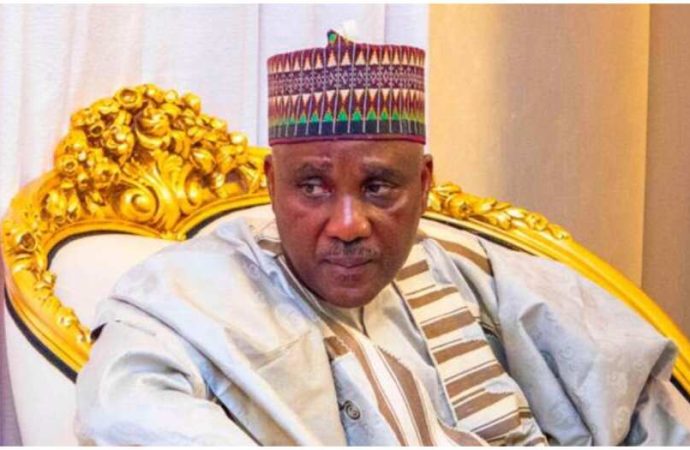
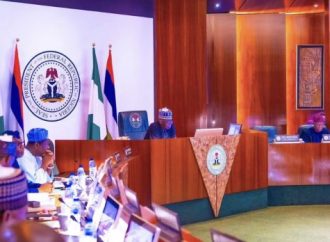

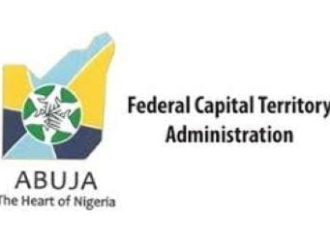

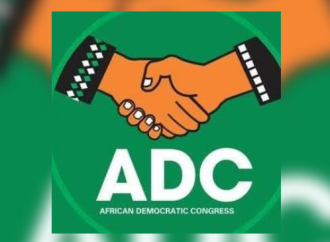


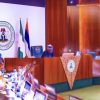



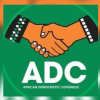



Leave a Comment
Your email address will not be published. Required fields are marked with *